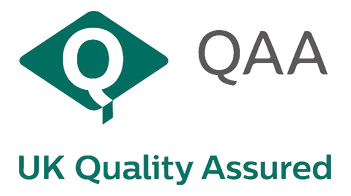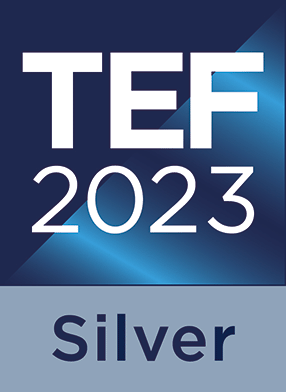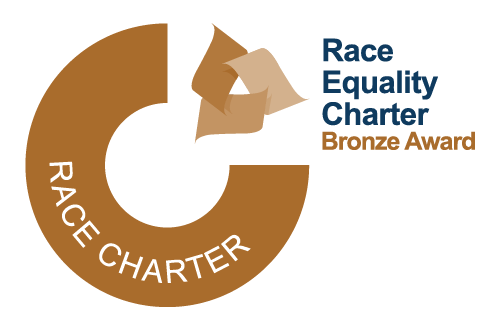Our student satisfaction rates have once again been ranked as the best of all the higher education providers in the city – and among the best in the country.
The University Centre outscored other local providers – including Leeds Arts University, Leeds Beckett University, Leeds Trinity University and the University of Leeds – in six of the seven categories of the 2023 National Student Survey (NSS).
Those included quality of course teaching (93%), learning opportunities (88%), academic support (92%) and assessment and feedback (just under 92%).
More than 339,000 students took part in the NSS this year to share their experiences of higher education.
Glowing feedback ‘a credit to our teams’
Dean of Higher Education, Dr Sarah Marquez, said: “We are really pleased with this fantastic feedback, which is a testament to the hard work of our teaching and support teams.
“It is wonderful to hear that so many of our students have been pleased with the quality of our provision.
“It is particularly pleasing to see improved ratings in several areas where we were already scoring highly, including teaching and academic support. Satisfaction in learning resources, meanwhile, jumped by nine percent – from 72.5% to 81.6% – which reflects our recent investment in terrific new facilities like our state-of-the-art digital hub.
“Our goal is always to deliver high calibre education along with outstanding experiences, including talks from inspiring speakers and visits to outstanding workplaces, to our students. These wonderful survey results show how much such initiatives are valued, and will spur us on to even greater things.”
Leading the way on wellbeing
We also scored above the national average in most of the survey’s questions , including a newly introduced query about mental wellbeing support. Just over 88% of our students, compared to 81.6% nationally, said they were happy with the information that was provided about such services.
Managed by the Office for Students, the NSS gathers students’ opinions on the quality of their courses and teaching.
Higher education providers use the data to see where they can improve their service, while prospective students refer to it when deciding where to study.









